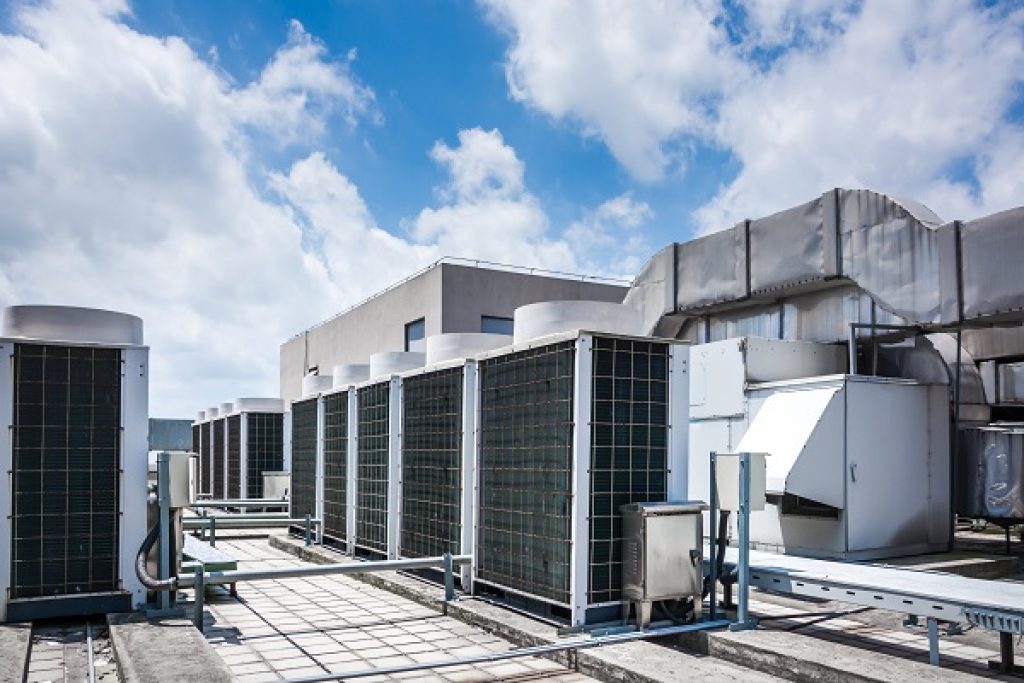Climate control is often the silent power guzzler in our homes, contributing significantly to our energy bills. Yet, many of us overlook optimizing our Heating, Ventilation, and Air Conditioning (HVAC) systems for improved energy efficiency. The reality, however, is that just a few simple steps can help you save on energy costs and reduce your environmental footprint without compromising on comfort.
In this post, we’ll explore ten energy-saving tips for optimizing your HVAC system.

Routine Professional Maintenance
Like any complex machine, your HVAC system requires regular check-ups to maintain optimal performance. With the help of pros like General Air Conditioning and Plumbing – HVAC services are easier than ever, and can prevent minor issues from escalating into major problems. These experts can clean, tune-up, and repair your system to ensure it’s running efficiently, ultimately saving you energy and money.
Upgrade To A Programmable Thermostat
A programmable thermostat allows you to set your HVAC system to lower its output when you’re not at home or during the night when you’re asleep. You can save about 10% per year on heating and cooling by simply lowering your thermostat by 7-10°F for 8 hours per day.
Seal And Insulate Ductwork
Ductwork, the conduit that carries conditioned air throughout your home, can often be a significant source of energy loss. Sealing leaks and properly insulating your ductwork can improve your HVAC system’s efficiency by up to 20%.
Clear And Clean Vents And Registers
Obstructed vents and registers can make your HVAC system work harder to maintain desired temperatures. Regularly clean and ensure nothing blocks these vents, like furniture, to enhance airflow and efficiency.
Install Energy-Efficient Equipment
If your HVAC system is over 15 years old, consider upgrading to an energy-efficient model. Look for units with a high Seasonal Energy Efficiency Ratio (SEER) and an Energy Star rating to maximize savings.
Also Read: Breathe Easy: Enhancing Indoor Air Quality through HVAC Services
Use Ceiling Fans
Ceiling fans can help distribute air more evenly throughout your home, reducing the workload on your HVAC system.
Remember, fans should rotate clockwise during winter to push warm air down and counterclockwise during summer for a wind-chill effect.
Optimize Window Coverings
Use blinds, shades, and curtains strategically to block out the sun’s heat during summer and retain warmth during winter. This natural temperature control can lessen the load on your HVAC system.
Improve Your Home’s Insulation
Proper insulation helps maintain a consistent temperature inside your home, reducing the need for constant heating or cooling. Pay special attention to your attic, walls, and floors, where a lot of heat transfer occurs.
Change Filters Regularly
A dirty filter makes your HVAC system work harder, consuming more energy. Aim to change your filters every 1-3 months, depending on use and air quality.
Create Zoned Heating And Cooling
Consider installing a zoned heating and cooling system. This allows you to separately control the temperature in different areas of your home, reducing energy waste in seldom-used rooms.
Conclusion
Optimizing your HVAC system for energy efficiency is not just about savings on your energy bill; it’s about contributing to a more sustainable world. By implementing these ten simple tips, you can increase your system’s efficiency, reduce its environmental impact, and maintain the comfort levels you need in your home. Remember, the first step is ensuring regular professional maintenance with reliable HVAC services. Your journey towards an energy-efficient home starts here.